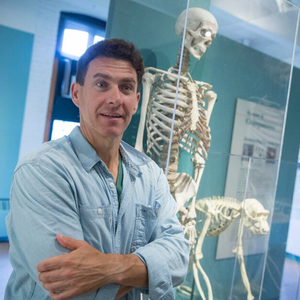
Joseph Henrich explores WEIRD societies
- Article
- Sep 16, 2020
- #Culture #Psychology #Mentalhealth
If you measure people’s psychology using the tools that psychologists and economists do, you’ll find substantial variation around the world. Societies that are Western, educated, i...
Show More